vex-repository - PSA
Venus Express SPICE Repository
VEX SPICE kernels set
ESA, in collaboration with NAIF and the VEX Instrument Teams, produce a whole set of SPICE kernels for Venus Express (event kernels are not produced for ESA missions).
The Venus Express SPICE dataset consists of several SPICE kernels, organised as follows:
- CK kernels: These kernels contain information about orientation of the space vehicle or any articulating structure on it.
- FK kernels: Reference frame specifications. Definitions of, and specifications of, relationships between reference frames (coordinate systems). Among the frames kernels included, there are kernels that specify reference frames related to the earth and the spacecraft.
- IK kernels: Kernels that hold intrument information, such as field of view or internal timing.
- LSK kernel: These kernels hold a table with the leapseconds used to convert between ET and UTC.
- PCK kernels: These kernels provide information about Solar System bodies orientation and shape, and possibly parameters for gravitational, atmospheric or rings models.
- SCLK kernel: This kernel (spacecraft clock coefficients) allows for conversion between ET and spacecraft clock. If there are multiple LSK kernels in this dataset, the latest kernel supersedes he previous ones. More information on the SCLK kernel(s) in this dataset is provided in SCLKINFO.TXT.
- SPK kernels: Kernels with information about ephemeris (position and velocity) of the spacecraft and solar system bodies. The dataset provides such information for the planets, the Sun, the Moon, the New Norcia tracking station, several DSN tracking stations, and the spacecraft. More information on the SPK kernels in this dataset is provided in SPKINFO.TXT.
Origin of the kernels
Generic kernels provided by NAIF
NAIF generates kernels that are mission independent. Some of them are used by ESA missions:
- Binary and text PCK and LSK kernels.
- Some SPK kernels with ephemeris of the solar system bodies.
- SPK kernels for ground stations.
- Frames kernels for ground stations.
Other kernels provided by NAIF
NAIF collaborates with the ESA SPICE Team and the Intrument Teams to create instrument and frames kernels for the different ESA Missions:
- The instrument kernels (IK) have been developed NAIF, the intrument teams and RSSD/ESA.
- The Venus Express frames kernel has been created by NAIF, in collaboration with RSSD/ESA.
Kernels generated with ESOC Ancillary Data
Orbit, clock and attitude kernels are created from ESOC data:
- ESOC ancillary data are the main source of information required to create SPICE kernels for attitude (CK), orbit (SPK) and time (SCLK) information for the Spacecraft.
- Also, ESOC ephemeris data are used in the creation of SPK kernels for martian satellites. See below for a more detailed explanation on how these kernels are generated.
Kernels created by the Venus Express SGS (Science Ground Segment), alone or in collaboration with the intruments teams
These include:
- CK kernels with orientation of the Venus Express Solar Arrays.
- CK kernel with orientation of the Venus Express Magnetometer's Boom frame relative to the Magnetometer's Boom hinge frame.
- RSSD frames kernel.
Kernels from other sources.
These include:
- CK kernels describing the motion of the ASPERA scanner, produced by the ASPERA team.
Creation of SPK, CK and SCLK kernels from ESOC Ancillary Data
Orbit Data
In terms of orbital data, the mission can be divided in three different phases: cruise phase, nominal phase and extended phase. The ftp repository provides the most up to date orbit kernels for Venus Express.
Several different types of data products are provided by ESOC: ORHV and ORVV. The ORHV product covers the cruise phase from launch to the Venus Insertion, and provides the orbit data as heliocentric states. There is only one ORHV product. During the nominal and extended phases, new ORVV files are provided on a regular basis (typically once a week), each of them covering a month period. The orbital data contained in these files provide the state of Venus Express with respect to Venus.
Attitude Data
Attitude data for the spacecraft are provided for all mission phases except for safe modes, for the past and the near future. The attitude is provided in several records, called segments, each covering a specific time span. These segments have no overlap, but there may be gaps between the segments, and even gaps in the segments. The available attitude data is usually predicted, although kernels with reconstructed data are present (for time intervals for which the predicted attitude is known to be not accurate enough).
Time Correlation Data.
Time Correlation is one of the most critical pieces of information needed for the use of the SPICE system within the Venus Express mission. This information allows the conversion between the Venus Express S/C Clock time and UTC time. ESOC delivers time correlation data which are the source for the SCLK kernel.
Note: ESOC always provide predicted and reconstituted orbit data, but only predicted attitude data. Only SPK kernels with reconstructed data are archived.
An automated system, called ADCS (Automatic Data Conversion System) is responsible for the generation of CK, SPK and SCLK kernels from the ESOC flight dynamics data. ADCS detects when a new product was generated or a new time correlation packet is available, and run a series of processes in order to create the corresponding kernels.
ADCS uses the SPICE toolkit in order to fulfill its task. It runs in a server physically located at ESAC.
Access kernels
Operational kernels
The SPICE repository contains all the operational kernels for Venus Express, organised by kernel type.
Browse RepositoryArchived SPICE Data Sets
The peer reviewed SPICE data set for Venus Express is archived in the PSA.
Browse VEX-E-V-SPICE-6-V1.0 dataset on our FTP anonymous server.
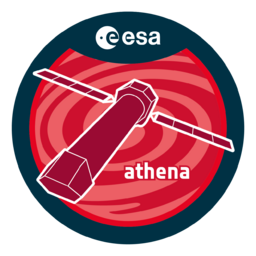
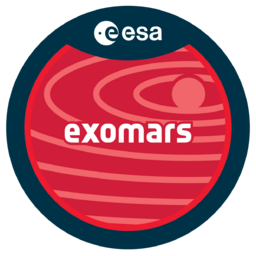
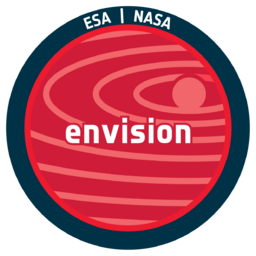
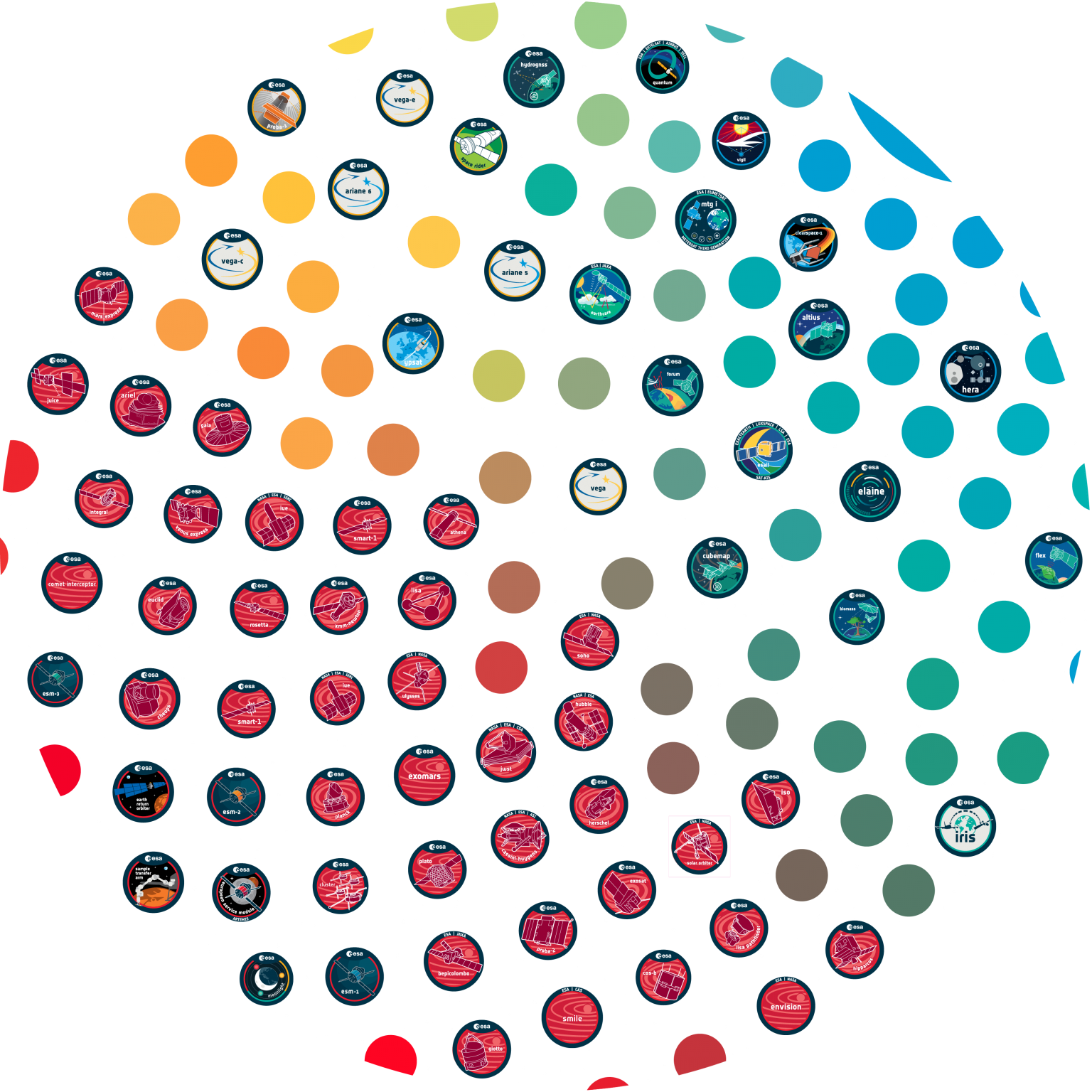
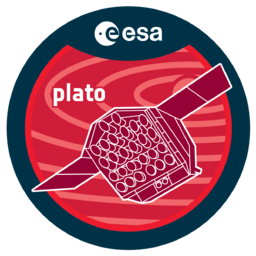
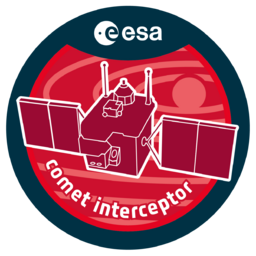

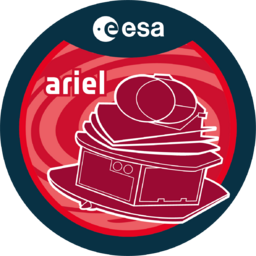
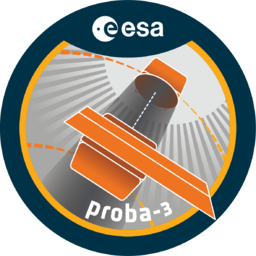
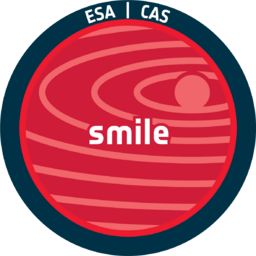
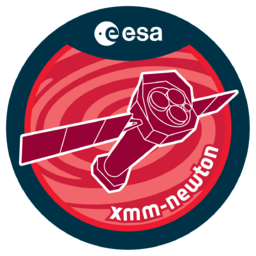
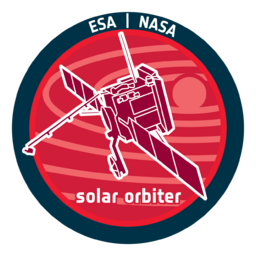
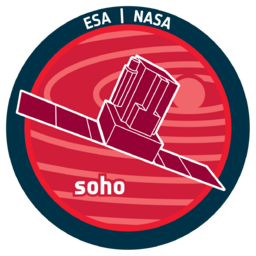

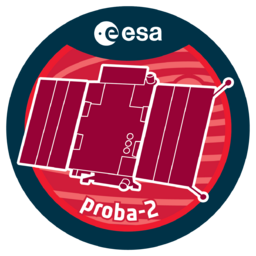
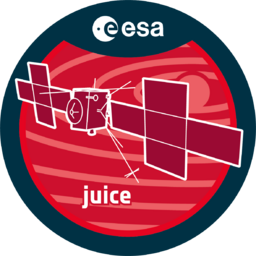
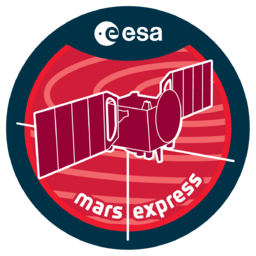
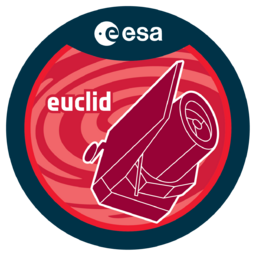
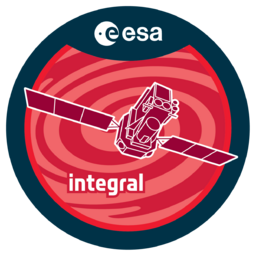
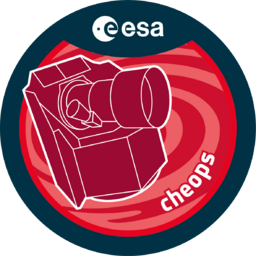
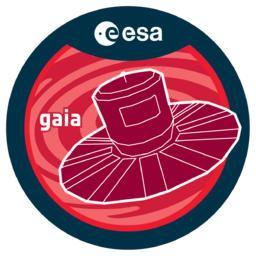
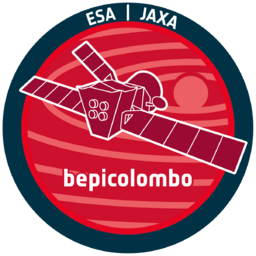

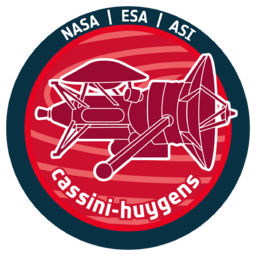


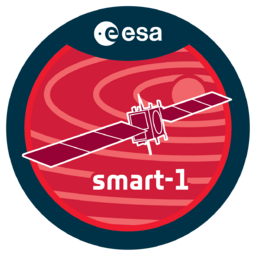
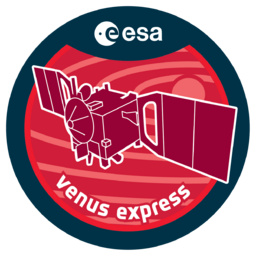
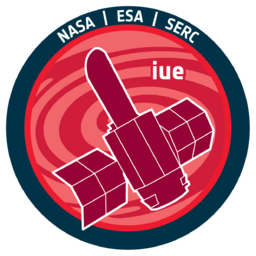
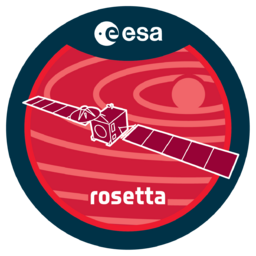
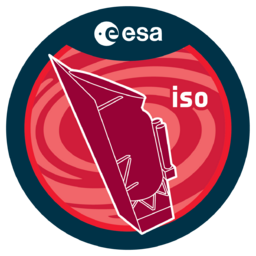

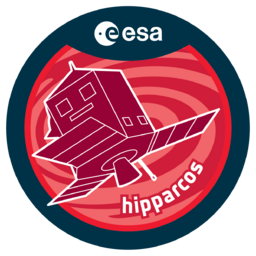
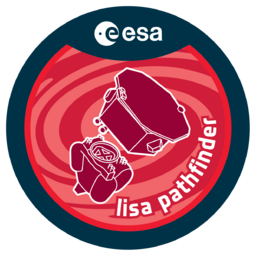
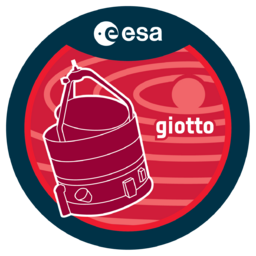
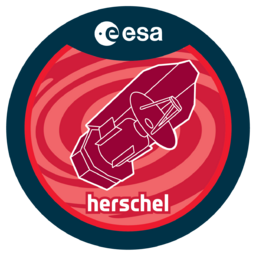
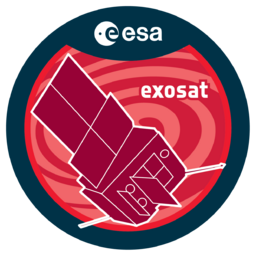
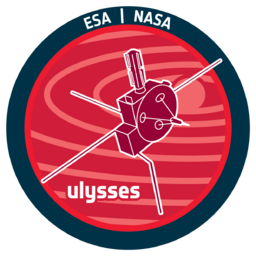
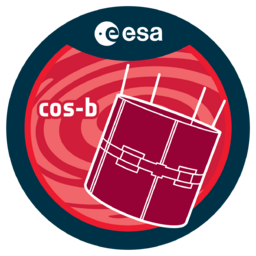

 Sign in
Sign in
 Science & Technology
Science & Technology